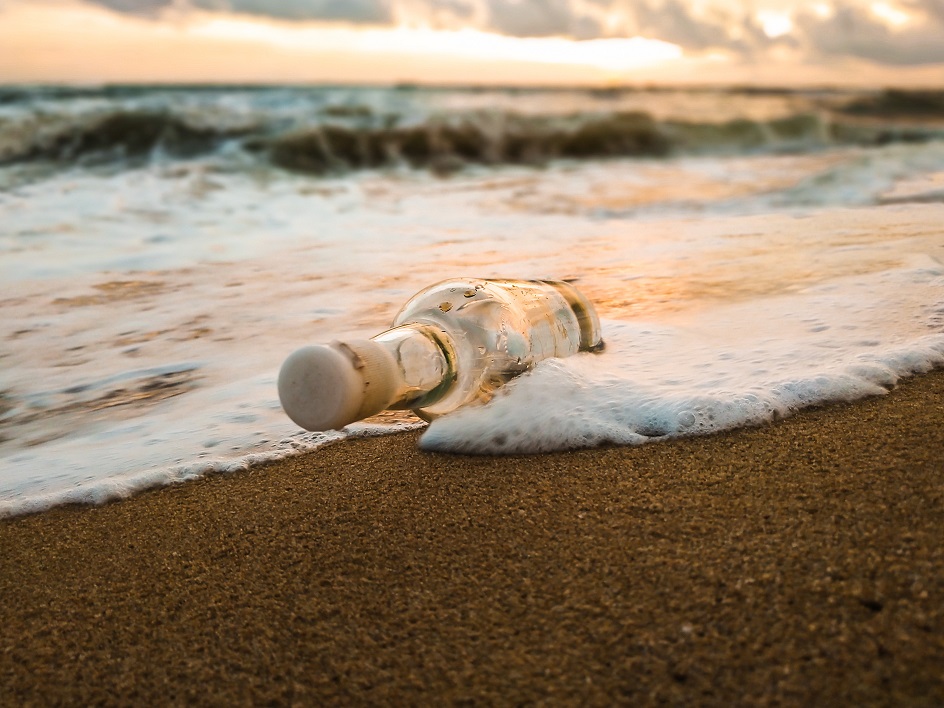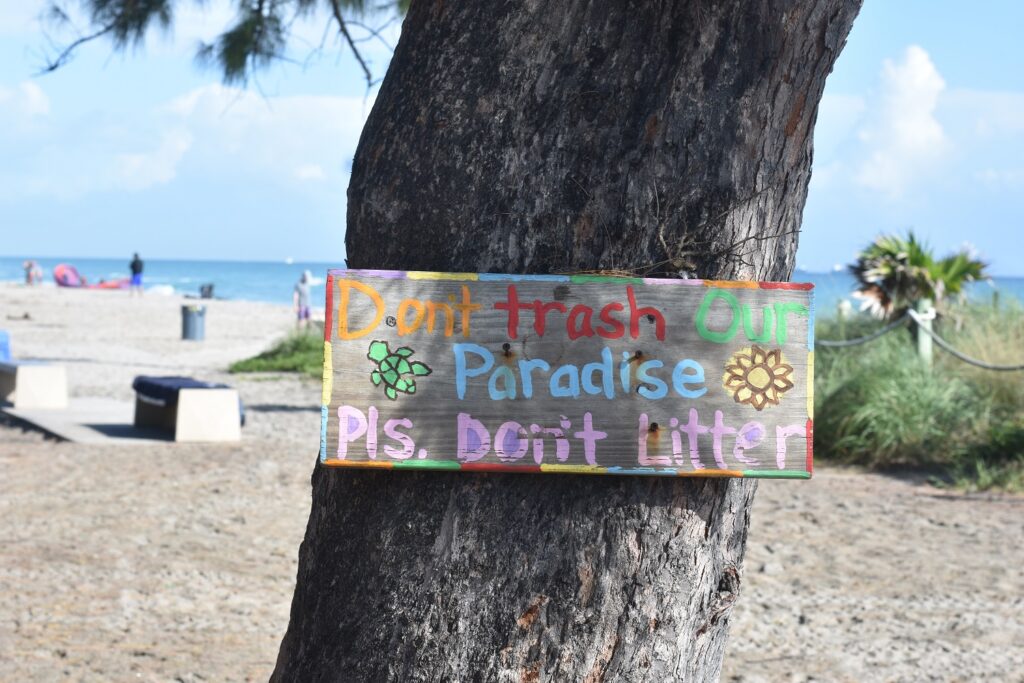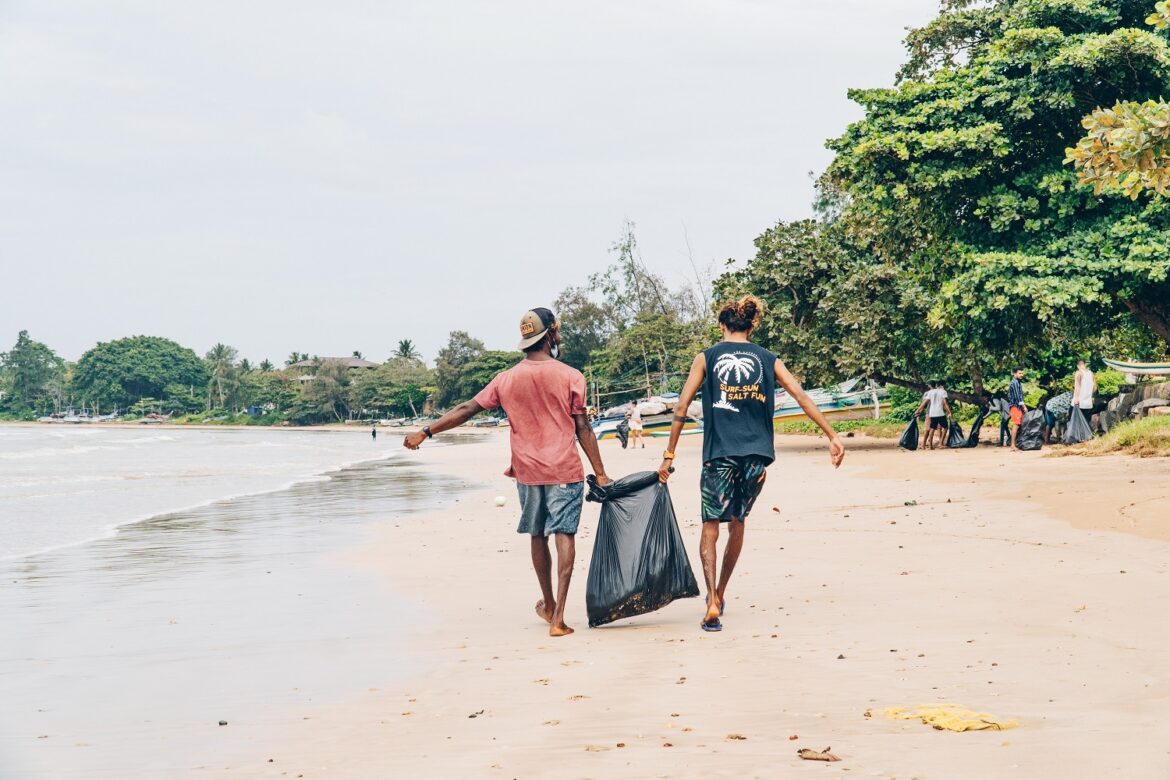Happy Fourth of July!
Many families find themselves at the beach during this holiday week, building sand castles, boogie boarding, and taking long walks along the coastline. Our beaches in the United States are as diverse as the states we call home. We have dramatic, rocky beaches in New England; breathtaking, black sand beaches in Hawaii; and picture-perfect, white sand beaches in Florida. Some beaches are known for their surfers, others for their sunbathers, and still others for their SCUBA diving. But one thing they all have in common: they need our protection.
The Fourth of July holiday attracts more people to the beach than any other day of the year, resulting in the most litter being left behind. That is why the Clean Beaches Coalition has held Clean Beaches Week every year, from July 1-7, since 2003. During this week, Americans are encouraged to be mindful about their impact on the coastal environment while engaging in healthy activities, such as eating sustainably-sourced seafood and carpooling.
In honor of this week, we have compiled a list of five ways you can help protect and maintain the beaches you visit: by not being trashy!

- Pick up trash. Whether planning to take a long walk or just set up a chair by the water, be sure to bring a trash bag and pick up any litter you see along the way. If it is a windy day, stash your food wrappers in the bag as soon as you are done eating, and weight it (with a chair or bag) so that it does not fly away.
- Reduce your trash. Why worry about packing out your litter when you can choose to use reusable water bottles and food containers instead?
- Don’t burn your trash. Many people enjoy sitting around a bonfire on the beach at night. But if you do, first make sure that it is legal, then ensure you properly extinguish your fire before leaving. Do not burn your trash; doing so could turn your waste into toxic soot and ash that, being airborne, can contaminate habitats near and far.
- Yes, cigarette butts are trash. One study has found that a single cigarette butt can release enough chemicals to kill 50% of the fish exposed to it in a 96-hour period. Cigarette butts can also contribute to heavy metal contamination and leave toxins like nicotine and pesticide residue in the water.
- Don’t flush your trash. This is one you can do from the comfort of your own home. Know what you can and can’t flush down your toilet. The list of the latter is very small. Articles like wet wipes, sanitary products, dental floss, and cotton balls should not go in the loo. Nor should you put oils down the drain (this is true for the kitchen too). When we flush away items like these that are not biodegradable, they contaminate our water sources.
Thank you for doing your part!

 Food
Food Farmers
Farmers Sustainable Living
Sustainable Living Living Planet
Living Planet News
News